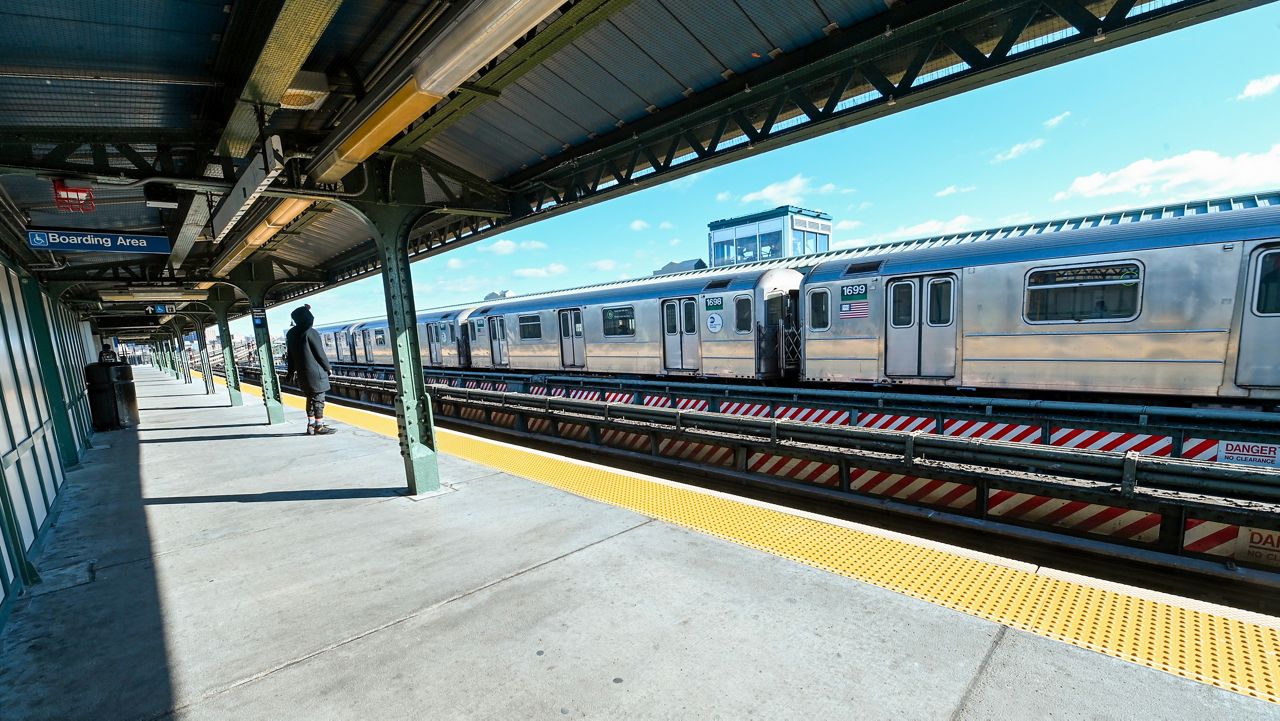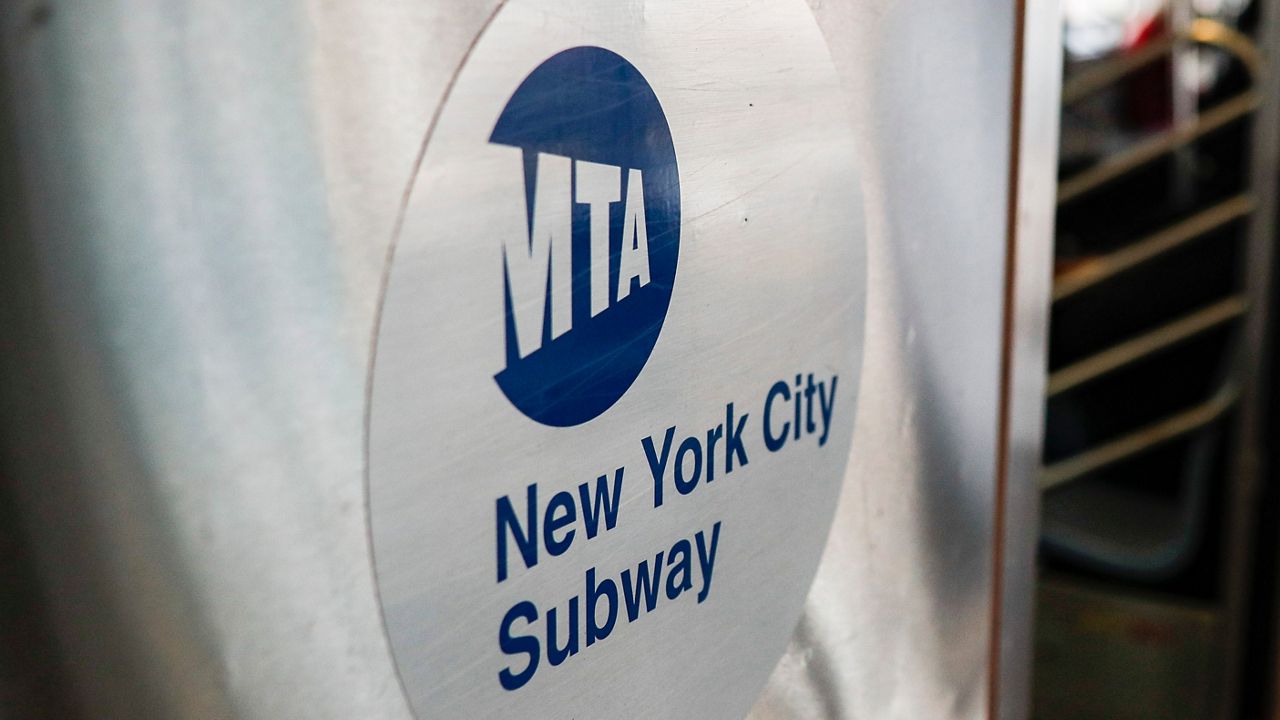NEW YORK - Reducing bus and subway service, hiking the fare, and cutting managers - all part of the MTA's game plan to corral galloping deficits.
Now, officials are asking its roughly 40,000 unionized workers to pitch in, by paying more for health care, reducing overtime costs and letting private contractors handle some work.
Leaders of the Transport Workers Union are saying: no way.
"The reaction was shock. Shock and anger," J.P. Patafio, vice president of the TWU Local 100, representing bus drivers. "If there was a shredder, we would have shredded it."
To Patafio, the demands amounted to a declaration of war, after the MTA alleged this spring and summer that workers have been abusing overtime.
"These demands were a culmination of that attitude that they've been showing to the transit workers over these past few months," Patafio said.
The TWU's old contract expired in May.
The MTA is proposing a new, four-year contract that would raise pay by about two percent a year.
But in return, the MTA wants workers to double their health insurance contributions, up to four percent of a their salary and only pay workers overtime after a 40-hour week, instead of after an eight-hour day.
MTA also wants to bring in private station and car cleaners, hire part-time bus drivers and train crews, and cut the vacation days of some workers.
All reasonable, says Maria Doulis of the Citizens Budget Commission.
Doulis says MTA managers, riders, and drivers, will all be making sacrifices - through job cuts, fare hikes, and congestion pricing - so it's only fair labor contributes, as well.
"The MTA's demands reflect the fact that more needs to be done with the workforce, in order to both improve the efficiency of the organization, improve its financial outlook, and ultimately improve service for riders," Doulis said.
The MTA tells NY1 that officials are "committed to reaching a fair agreement, negotiated in good faith with the TWU Local 100. Beyond that, we will not negotiate in the press.”
Union officials say the next step is to hit the subway and bus depots, and organize workers for a fight and a rally in the street.







_PKG_DOT_BQE_Improvements_CG_131225588_368)
